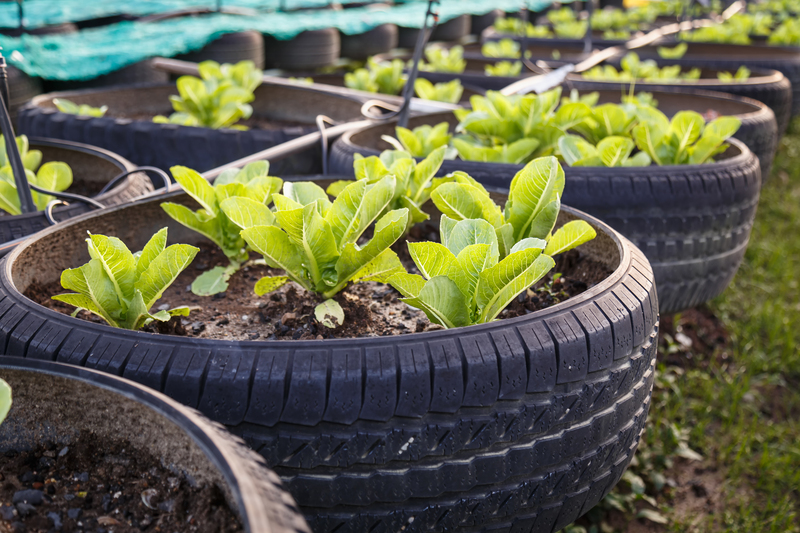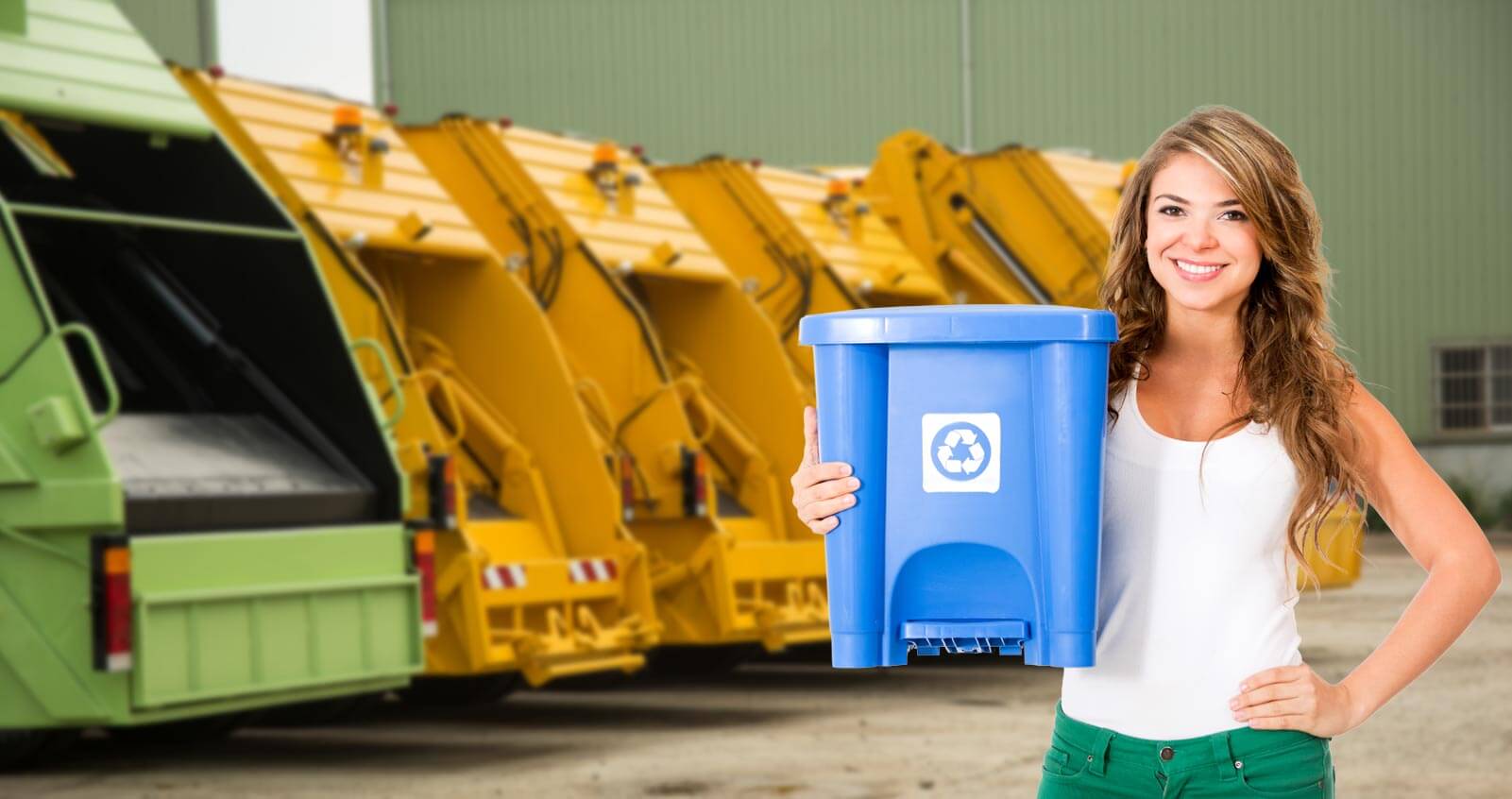Effective Waste Composting Techniques
Posted on 21/09/2024
Composting is a natural process that breaks down organic materials, converting them into nutrient-rich soil. It's an eco-friendly way to manage waste, reduce landfill use, and improve garden health. In this article, we'll explore some of the most effective waste composting techniques, offering tips and insights for successful composting.
Understanding Composting Basics
Before diving into specific techniques, it's crucial to understand the basics of composting. Composting involves combining organic waste--such as food scraps, lawn clippings, and leaves--with microorganisms that break them down over time.
Ingredients for Composting
- Greens: Nitrogen-rich materials like vegetable peels, coffee grounds, and fresh grass clippings.
- Browns: Carbon-rich materials like dried leaves, straw, and cardboard.
- Water: Needed to maintain moisture levels, crucial for microbial activities.
- Oxygen: Essential for aerobic decomposition facilitated by turning the compost pile.

Popular Composting Techniques
1. Aerobic Composting
Aerobic composting involves introducing air into the compost pile, ensuring it stays oxygen-rich. This method speeds up the decomposition process and minimizes odor. To achieve this, turn the compost pile regularly and ensure it has ample open space for ventilation.
Steps:
- Choose a compost bin with good airflow or construct an open pile.
- Layer greens and browns, starting with a base of coarse materials like twigs.
- Add water to maintain moisture, ensuring the pile is damp but not soggy.
- Turn the pile with a garden fork at least once a week.
2. Anaerobic Composting
Anaerobic composting, in contrast, occurs without oxygen. This method requires less maintenance as it doesn't require regular turning but tends to produce stronger odors. It's typically faster and can handle a larger volume of waste.
Steps:
- Place compostable materials in an airtight container.
- Cover the materials with a layer of soil to suppress odors.
- Leave the container sealed for several months to allow decomposition.
3. Vermicomposting
Vermicomposting utilizes worms, specifically red wigglers, to break down organic waste. This method is efficient for small-scale composting and results in highly fertile worm castings.
Steps:
- Set up a worm bin with adequate ventilation and bedding material like shredded newspaper.
- Add your red worms and feed them organic waste.
- Maintain moisture and avoid adding meat or dairy products.
- Harvest the compost after several months.
Tips for Successful Composting
- Balance greens and browns: Aim for a 3:1 ratio to optimize the carbon-to-nitrogen balance.
- Monitor moisture: Ensure the pile stays as moist as a wrung-out sponge.
- Chop items: Smaller pieces decompose quicker.
- Avoid pests: Keep meats, oils, and dairy out of your compost.
Pros and Cons of Composting
Pros:
- Reduces Waste: Minimizes landfill use by recycling organic waste.
- Improves Soil Health: Adds nutrients and beneficial microbes to garden soil.
- Saves Money: Reduces the need for chemical fertilizers.
- Eco-Friendly: Lowers greenhouse gas emissions by decomposing waste naturally.
Cons:
- Time-Consuming: Requires regular maintenance and monitoring.
- Odor Issues: Can produce unpleasant smells if not managed properly.
- Pest Attraction: May attract rodents and insects if food waste isn't properly covered.

Key Takeaways
- Composting is a sustainable way to manage waste and enrich soil.
- Aerobic, anaerobic, and vermicomposting are effective methods with different requirements and benefits.
- Successful composting relies on balancing ingredients, maintaining moisture, and proper aeration.
Conclusion
Composting is an invaluable method for converting organic waste into valuable soil amendments, enhancing both garden health and environmental sustainability. By understanding and applying effective composting techniques, you can turn your kitchen scraps and yard waste into a resourceful product. Whether you opt for aerobic, anaerobic, or vermicomposting, the key lies in maintaining the right conditions and monitoring the process regularly. Embrace composting and contribute to a greener future.




